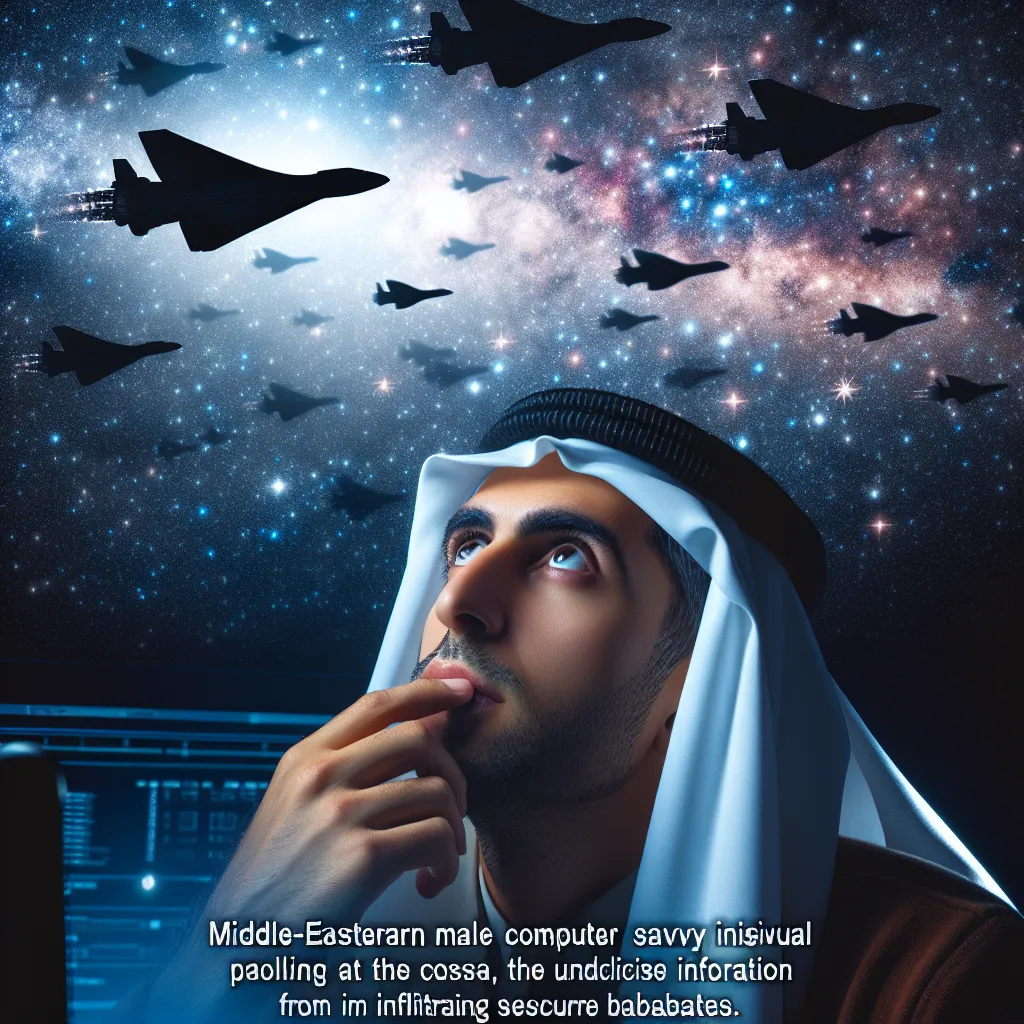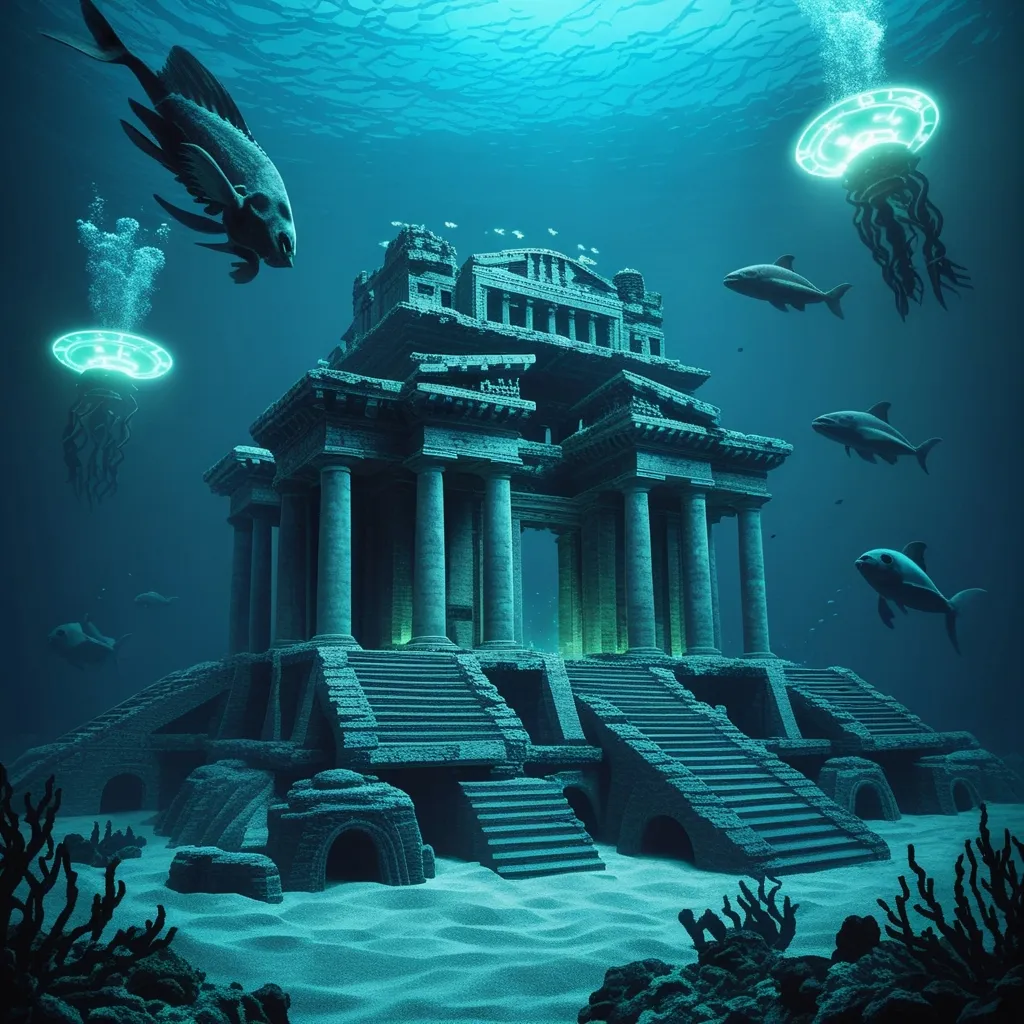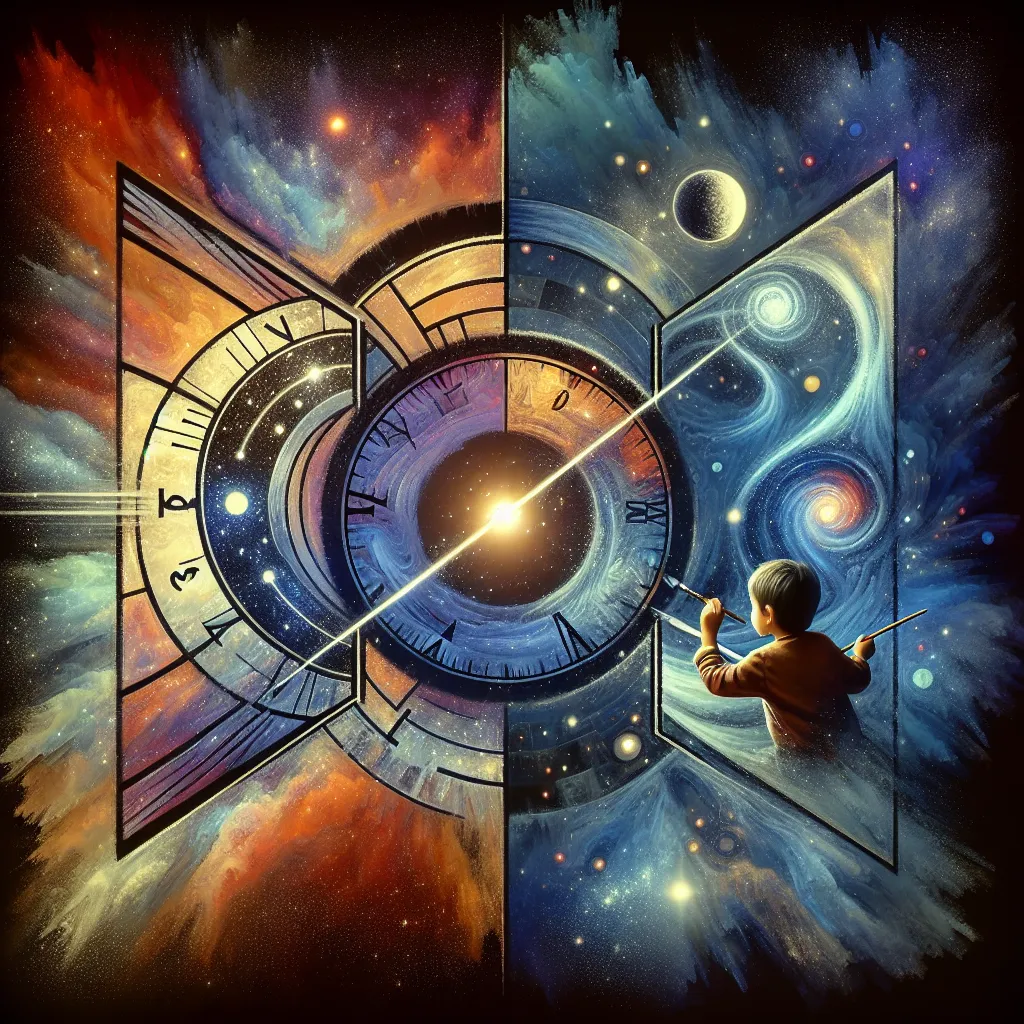Gary McKinnon was always fascinated by UFOs. By the year 2000, his obsession led him to hack into U.S. government computers in search of hidden truths about extraterrestrial life. Using his expertise as a computer systems administrator, he hunted for weak passwords and found an alarming number of unsecured computers. His digital quest ultimately landed him in the networks of NASA, the U.S. Navy, and the U.S. Space Command.
During his exploration, McKinnon discovered what he called “non-terrestrial officers” on a U.S. Navy server. The spreadsheet listed names of individuals stationed somewhere other than Earth, paired with ship transfers that didn’t match the naval registry. It pointed to a secret fleet, perhaps operating in space.
Gary’s curiosity didn’t stop there. He sought out an unprocessed NASA image file that seemed to support reports from a former NASA employee who claimed UFOs were edited out of satellite photos. The image loaded on his screen pixel by pixel, revealing a large, silver spaceship—until someone on the other end disconnected him.
This didn’t just make Gary a UFO enthusiast; it made him an alleged international cyber-criminal. Arrested in 2002, Gary faced charges for damaging U.S. military and NASA computer assets, allegedly causing $800,000 in damages. The U.S. government wanted to make an example of him, intending to prosecute him to the fullest extent, which could have landed him with a 70-year prison sentence. But given his mental health condition, UK officials eventually blocked his extradition to the U.S.
Throughout these legal battles, media interest swirled. Gary’s story brought attention to deeply classified secrets, but it also connected him to a wider conspiracy—the existence of a shadowy program known as “Solar Warden.” This initiative allegedly commands a fleet of spacecraft designed to patrol our solar system. It’s said to be part of a long-standing covert effort originating from defense projects as far back as the 1960s and possibly linked to President Reagan’s Strategic Defense Initiative.
Rumors and anecdotal evidence from different sources suggested that the U.S. had indeed developed advanced spacecraft, including large carriers and scout ships, posited to defend Earth from alien intrusions. Whistleblowers in the mid-2000s, some claiming to have served in these secret space programs, spoke out about extraterrestrial alliances, time travel, and futuristic technologies right out of a science fiction plotline.
One kingpin in the rumor mill was Corey Goode, who spun tales of human-alien cooperation and wars in distant cosmic locales. But over time, many of these erstwhile insiders, including Goode, were debunked or exposed as fabricating their accounts.
Skeptics argue the logistical implausibility of a massive, multi-national space program remaining hush-hush for so long. Sending fleets into space without multiple nations taking notice would be nearly impossible. Every rocket launch is a globally monitored event.
Whether or not Solar Warden exists, the idea itself raises intriguing questions about human unity against potential extraterrestrial threats. Gary McKinnon, for his part, has become a celebrity in the UFO community, a symbol of the unyielding quest for the truth hidden among the stars.
Whatever the reality may be—whether Earth is under the vigilant watch of secret spacecraft or if these stories are simply a blend of myth and imagination—one thing is clear: our fascination with the cosmos and what lies beyond is as boundless as space itself.






